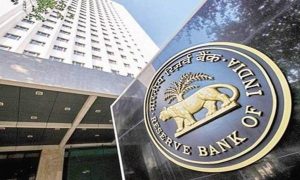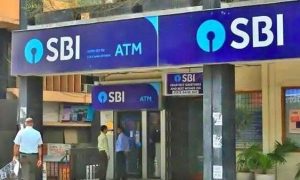Fixed deposits and term deposits are both popular options for saving and earning interest on money that you don’t need immediate access to. Both types of deposits offer a fixed rate of interest and provide a safe and secure way to grow your savings. However, there are some key differences between fixed deposits and term deposits that you should consider before deciding which one is right for you.
Read More: Is Post Office Monthly Income Account Better For Your Needs? Know Features & Eligibility
Fixed deposits are offered by banks, and they allow you to earn a fixed rate of interest on the money you deposit for a specific period of time. The interest rate is usually higher for longer-term deposits, and it is generally higher than the rate of interest offered on a savings account. Fixed deposits are considered a relatively low-risk investment, and they are a good option for people who want a guaranteed return on their money.
Read More: 7th Pay Commission: DA hike likely to be announced on THIS date, know how much salary will increase
Term deposits, on the other hand, are offered by the government through post offices. Like fixed deposits, term deposits offer a fixed rate of interest, but they usually have a longer tenure than fixed deposits. Term deposits are also considered a low-risk investment, and they are a good option for people who want a guaranteed return on their money.
When it comes to comparing the interest rates of fixed deposits and term deposits, it’s important to remember that the rates can vary depending on the bank or post office and the length of the deposit. In general, the interest rates offered on fixed deposits are slightly higher than the rates offered on term deposits. However, term deposits may offer slightly higher interest rates for longer-term deposits.
Read More: Hassle-Free Ways To Claim Insurance
If you’re trying to decide between a fixed deposit and a term deposit, it’s important to consider your financial goals and risk tolerance. Both types of deposits offer a safe and secure way to earn interest on your money, but fixed deposits may offer slightly higher returns in the short-term, while term deposits may be a better option for longer-term savings. Ultimately, the best choice for you will depend on your individual financial situation and goals.





































